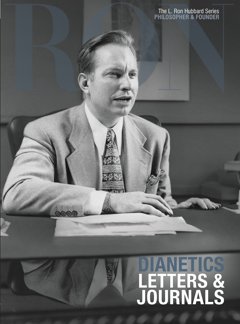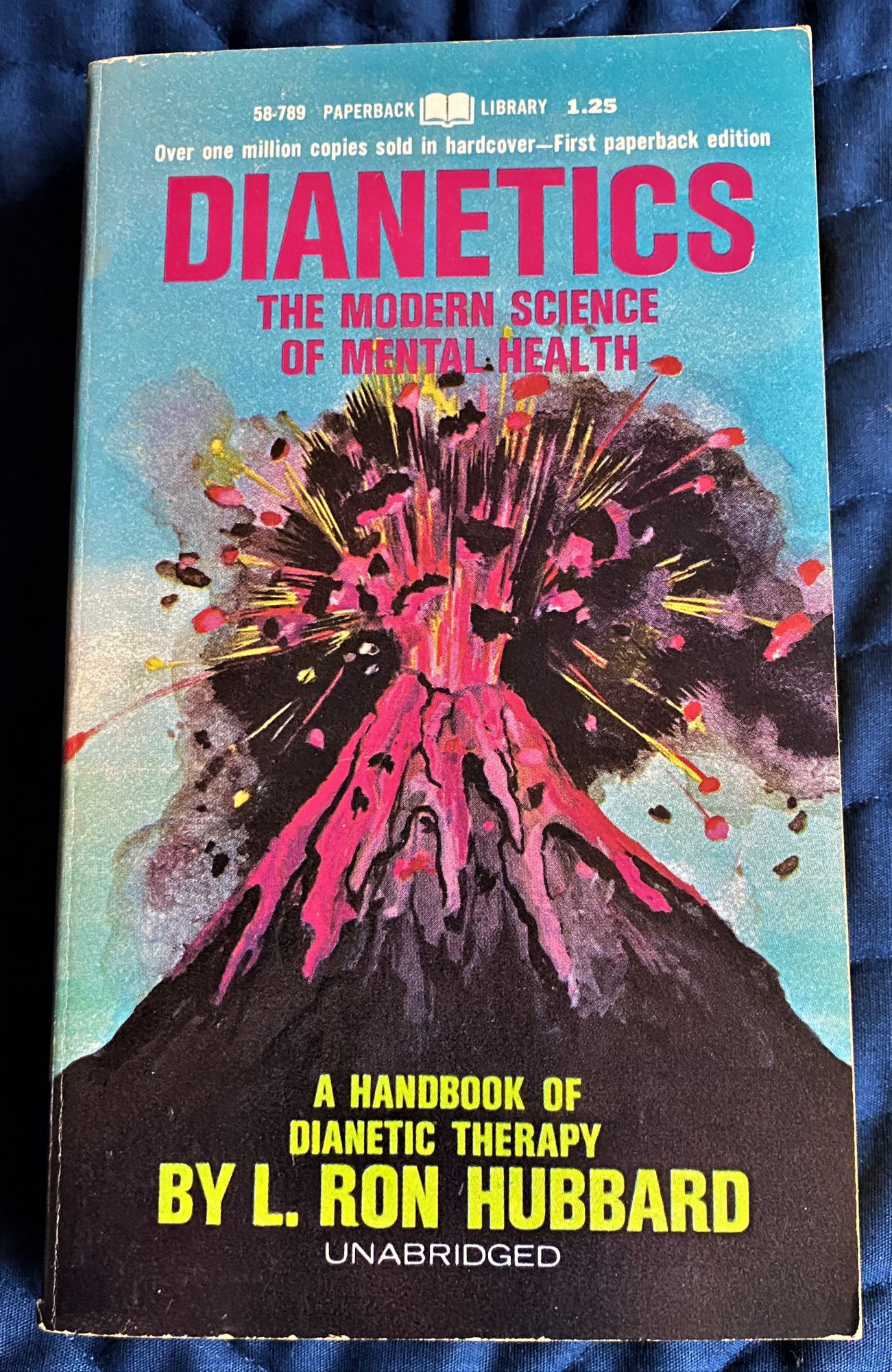How Dianetics can Save You Time, Stress, and Money.
Wiki Article
The Only Guide for Dianetics
Table of ContentsThe Ultimate Guide To DianeticsDianetics Things To Know Before You BuyThe 45-Second Trick For DianeticsDianetics - Truths
I couldn't ever not wish to obtain anything that enters your mind for you- if it was otherwise, I would not be resting right here with you, doing this. I not only might never ever have a trouble, or otherwise desire to hear something that comes to mind for you, however I'm totally anxious to understand every idea, every idea, every picture or sensation that arises or shows up for you- do not ever before assume otherwise, and if for one reason or another you do, please simply allow me know! Often, you may have an idea, and photo, idea or event pop up that does not appear to respond to the concern, or associate with it, however however, constantly do inform me regarding it, and as we continue, the significance will certainly emerge for you.This is integral in the basis of processing, and the subject of this discussion: the fundamental functions of the counselor and the client: The basic role of the counselor is, contrary to "common training", not to manage, which implies to implement and/or inhibit, yet to instead function from the basis of EMPOWERING THE CLIENT.

The 8-Minute Rule for Dianetics
John Mcmasters shared this fundamental reality wonderfully well in among his talks on Power processing, wherein he discusses just how he was asked what this "unique knack" was that he had for giving such fantastic sessions; he had to think of that for a minute, and found that it was what he had not been doing, as well as what he was doing: he had not been examining, judging, computer, or actually, generating any type of thoughts, not to mention spoken expressions, after offering the command and while awaiting the PC to finish their response to their satisfaction; he was, merely and only, existing with the PC, and entirely interested.The role of the therapist, demonstrated; that was his "special propensity". I have had my own experience which educated me this well, very early in the video game. In 1982, having lately completed my training and teaching fellowship on New Age Dianetics, I was running this on a COMPUTER, and there was a point in the session find here where (being a bit wet behind the ears not yet having several hours under my belt as a professional auditor) the PC appeared to be "taking also long" to reveal anything verbally after I provided him a command.
This trick became the most valuable contribution that John ever before made to the topic of treatment or bookkeeping (Dianetics). In my humble viewpoint, it is the best contribution that any individual has actually ever before made to these subjectsthe application is entirely non-judgemental, non-evaluative, and without any pointer, advice or opinion.no preconceived agenda for people, or 'levels' that they need to do
In Scientology we prided ourselves on not assessing for people. All that truly implied was that the auditor did not Vocally evaluate for the Computer in session.
Dianetics Can Be Fun For Anyone

Any individual who had ever before seen John audit can not aid yet see an one-of-a-kind top quality in his auditing."The client's basic duty is to be there with the function of relocating the direction of their spiritual objectives, and to easily and fully share and experience whatever manifests for them in addressing the questions and executing the directions in the processing.
This is something to process as needed. Likewise, individuals often have prior experience and/or indoctrination in auditing/processing which, in some ways, and to some levels, actually deceives them right into attitudes, concepts and behavior patterns that stop the complete understanding of these roles, and so they will certainly often tend to inhibit the expressing of what comes to mind, as in the instances provided over - Dianetics. * The initial, and maybe leading examples of mis-indoctrination causing much less than completely smooth and effective sessions, can be found in specific elements of the training routines, or "TR's":"TR's" are usually a person's first, or at the very least early, experience in Scientology, and while I will go on to clarify what I view as the flaws in concept and practice, nevertheless, often tend to be considerably therapeutic, done as they are offered (Hubbard insists that "TR's are not refining, they are educating", yet factually, they are both handling AND training)
Alan Walter made comparable observations, and improved on these with his "Existence Processes". There is no "flunking", and no rejection of the reality of this being processing. The focus, as it ought to be, is on experiencing the other person's presence. All the manifestations which get a "flunk" in doing "TR-0" are simply the being's initiatives to stand up to the other person's presence, and as opposed to being bugged and nagged with "Flunk", which enforces "failure!" on the being, one simply needs discover this to be urged to "stick their feet in the water a little deeper", to increasingly rehabilitate their ability and determination to fully share and experience "being here", or "presence", with others.
Getting My Dianetics To Work

Report this wiki page